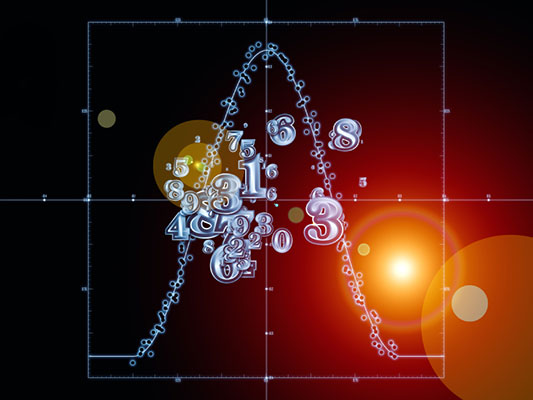Digital Signal Processing with Signal-Derived Timing: Analysis and Implementation

Abstract
Advisor: Yannis Tsividis
This work investigates two different digital signal processing (DSP) approaches that rely on signal-derived timing: continuous-time (CT) DSP and variable-rate DSP. Both approaches enable designs of energy-efficient signal processing systems by relating their operation rates to the input activity.
The majority of this thesis focuses on CT-DSP, whose operations are completely digital in CT, without the use of a clock. The spectral features of CT digital signals are analyzed first, demonstrating a general pattern of the quantization noise spectrum added in CT amplitude quantization. Then the focus is narrowed to the investigations of the system characteristics and architecture of CT digital infinite-impulse-response (IIR) filters, which are barely studied in the previous work on this topic. This thesis discusses and addresses previously unreported stability issue in CT digital IIR filters with the presence of delay-line mismatches and proposes an innovative method to design high-order CT digital IIR filters with only two tap delays. Introducing an event detector allows the operation rate of a CT digital IIR filter to closely track the input activity even though it is a feedback system. For the first time, the filtered CT digital signal is converted to a synchronous digital signal. This facilitates integrating the CT digital filter and conventional discrete-time systems and expands the applications of the former. This discussion uses a computationally efficient interpolation filter to improve the signal accuracy of the synchronous digital output. On the circuit level, a new delay-cell design is introduced. It ensures low jitter, good matching, robust communication with adjacent circuits and event-independent delay.
An integrated circuit (IC) with all these ideas adopted was fabricated in a TSMC 65 nm LP CMOS process. It is the first IC implementation of a CT digital IIR filter. It can process signals with a data rate up to 20 MHz. Thanks to the IIR response and the 16-bit resolution used in the system, the implemented filter can achieve a frequency response much more versatile and accurate than the CT digital filters in prior art. The implemented system features an agile power adaptive to input activity, varying from 2:32mW (full activity) to 40µW (idle) with no power-management circuitry.
The second part of the thesis discusses a variable-rate DSP capable of processing samples with a variable sampling rate. The clock rate in the variable-rate DSP tracks the input sampling rate. Compared to a fixed-rate DSP, the proposed system has a lower output data rate and hence is more computationally efficient. A reconstruction filter with a variable cutoff frequency is used to reconstruct the output. The signal-to-noise ratio remains fixed when the sampling rate changes.

